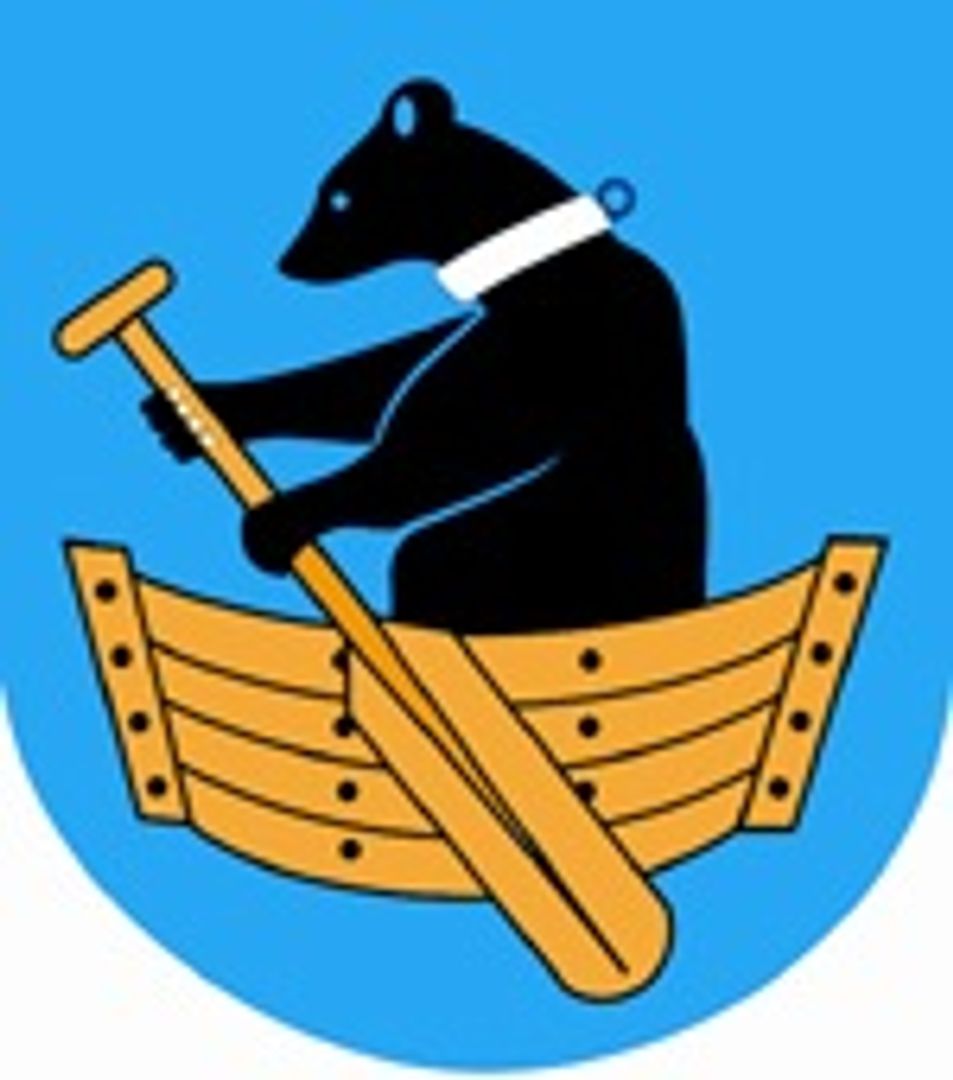Samogitia
7.45

Overview
Żmudź is a rural commune located in the Lublin Voivodeship, in the Chełm County, with its seat in the town of Żmudź. It comprises 17 village councils (sołectwa) and 22 localities, covering an area of 144 km², which makes the commune predominantly agricultural. The commune features areas of high natural value, with the Krzywólka and Udal rivers flowing through its territory. It boasts five retention reservoirs, including Dębowy Las, which is the largest and offers a campsite and a beach. Fishing is a popular activity in the commune. Żmudź is also home to the Agrotourism Association of the Chełm Land "Puszcza". Several natural monuments can be found here, including a pedunculate oak and a small-leaved linden. A unique feature is the Żmudź Nature Reserve, which protects rare vegetation and erosional landforms. The commune has well-developed infrastructure, with administrative buildings, churches, and volunteer fire departments (OSP). Ongoing investments aim to further improve infrastructure, including the construction of a sports hall and water supply systems. The commune is served by the Henryk Sienkiewicz School Complex and several other primary schools, ensuring education for children in the region. Żmudź boasts rich historical and architectural resources, including 19th-century stone crosses and shrines, as well as structures such as the church in Żmudź and buildings associated with a former manor. The diversity of monuments includes cemeteries, such as Evangelical and Greek Catholic ones. Culture is represented by the sports club "Victoria" and the Commune Cultural Center with a library. Neighboring communes include Białopole, Dorohusk, Dubienka, Kamień, Leśniowice, and Wojsławice. Żmudź is a place that blends tradition with natural beauty, offering tourists interesting attractions and opportunities for relaxation in the heart of nature.
Location
2026 Wizytor | All Rights Reserved